Introduced by the Scottish Government in 2008, the Home Report aims to give potential buyers as much information about their prospective new properties as possible. While the initiative was widely criticised at the time, Home Reports have saved countless from heartache and financial strain, arming buyers with the right knowledge to decide whether a house is truly within their budget — by considering its current and prospective condition.
In the past, buyers would have to pay out of pocket for private surveys on properties they were interested in, making it a costly affair and excluding those without the disposable funds from getting the crucial information they needed to decide. Thankfully, Home Reports are now a mandatory part of selling a home in Scotland and have proved to be particularly helpful for first-time buyers and those new to the property ladder.
But what exactly should you look out for when reading a Home Report? Join us as we break down the 5 things you should keep in mind when you’re looking to buy.
What is a Home Report?
Consisting of three documents, the Single Survey, Energy Report and Property Questionnaire, a Home Report is a detailed assessment of a property’s condition, energy efficiency and other important information (including accessibility, structural integrity and associated costs).
If the property you’re interested in is publicly for sale, the home must have a Home Report. You can access the report through the seller directly or through their solicitor, who must send it to you within nine days of your request.
- The Single Survey — the Single Survey is based on a visual inspection carried out by an independent chartered surveyor and evaluates the home’s condition and accessibility. The survey will also detail any repairs the property may need and give you a rough estimation of how much its worth (the valuation).
- The Property Questionnaire — completed by the current owner and covering 16 different categories, the Property Questionnaire is designed to provide you with vital information about your potential new home. You’ll find the council tax band, any alterations made to the property, details of specialist work carried out, guarantees that may affect the home and any issues from the past five years, including fire, flooding, asbestos, wet/dry rot and storm damage.
- The Energy Report — the Energy Report measures the home’s energy efficiency, detailing how much it costs on average to heat, light and use hot water per year. It will consider the home’s environmental impact via its carbon dioxide emissions and give guidance on making the property more energy efficient.
1. Property Valuation
The property’s valuation will tell you exactly how much a home is worth, based on its current market value. While most homes go on sale requesting “offers around” or “offers over” a certain price, the valuation is a great way to see if you’re willing to go above and beyond when the competition gets tough or if you’d rather save that extra cash for something else.
2. The Condition
The property condition is undoubtedly the most useful (and significant) aspect of the Home Report and should be read through carefully.
The Single Survey includes details on every feature in the home (from roof to windows and everything in between) and gives an appraisal of their condition, separating each into three distinct categories:
Category 1 = No immediate action or repair necessary.
Category 2 = Repairs or replacement required in future.
Category 3 = Urgent repairs or replacement need now.
If any of the property’s features fall into categories 2 or 3, consider whether you have the budget to make those changes now or will have in the near future. If you do, seek estimate costs from reputable professionals before proceeding.
It’s vital to ask questions and discuss with your solicitor to fully understand the work required on your potential new home. Some work may seem straightforward and inexpensive yet can become an unexpected drain on your resources — and vice versa. Estimations are key.
If you decide it’s too much work or too pricey at this stage, you can walk away without penalty.
3. The Accessibility Audit
For older buyers, those with additional needs or young children, the accessibility audit can help reveal whether a potential property is suitable and safe.
The accessibility audit will include useful information such as the number of steps to the entrance, whether a toilet is on the same level as the bedroom and if the home has unrestricted parking.
4. The Energy Efficiency
The Energy Performance report evaluates how energy efficient the home is, supplying guidance for improvement. This can include recommendations for installing double glazing, replacing the front door, fitting solar panels and installing insulation in the roof and walls, among other suggestions.
The review will also estimate the average energy costs for the next three years to help you decide whether the property is a financially viable option. Given the rising cost of living crisis, we know this is a crucial factor for any buyer.
5. Council Tax & Additional Costs
Before purchasing a home, it’s necessary to be aware of additional and continuous costs associated with the property. The Home Report will inform you which council tax band the property falls into and any ongoing fees associated with the area or building.
Many housing estates have annual factoring fees for the landscaping and upkeep of the area’s communal green spaces. Some flats have stairwell cleaning fees and building maintenance costs. It’s important to be aware of any extra financial burdens before proceeding to ensure you can meet the demands.
Be mindful that council tax costs can reach a whopping £300 a month in some cities, such as Edinburgh — read the report meticulously to ensure you can afford the area, as well as the property.
Thinking of Selling Your Property?
Fill in our free online home valuation form here
Call us on 0345 646 0208 (Option 1)
or email [email protected] to organise a free valuation of your home or to get a full, transparent breakdown of the costs of selling your home.
Thinking of Buying?
Get a quote for buying online here
Call us on 0345 646 0208 (Option 2)
or email [email protected], and we’ll be happy to help.
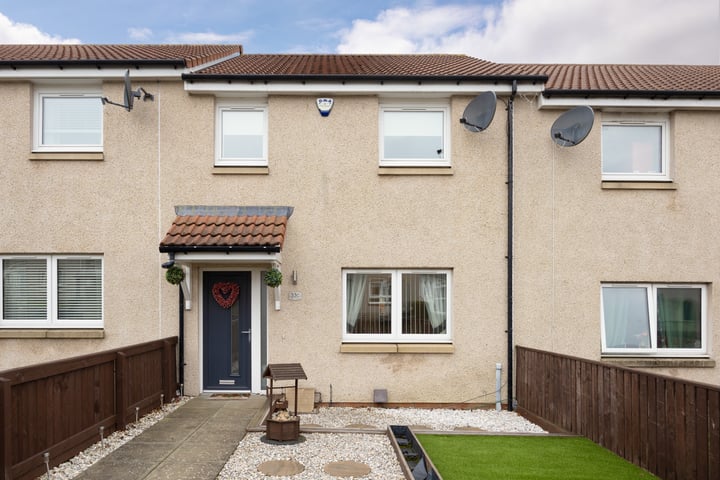
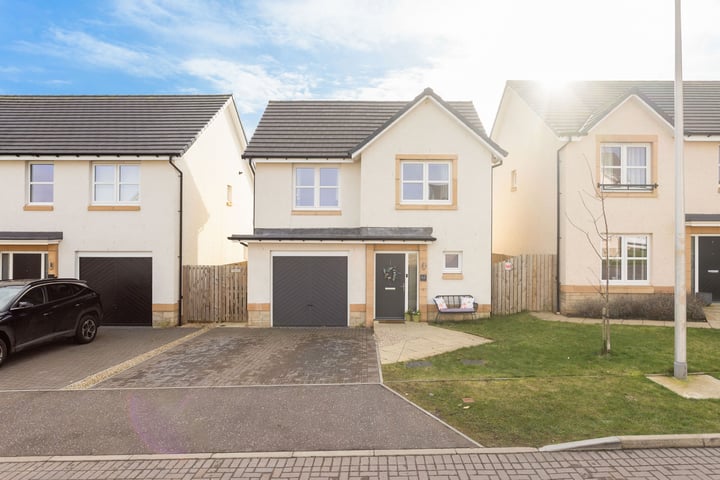
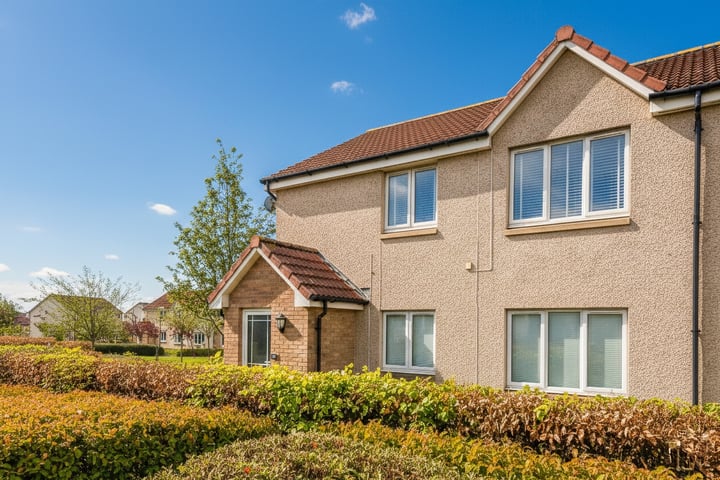
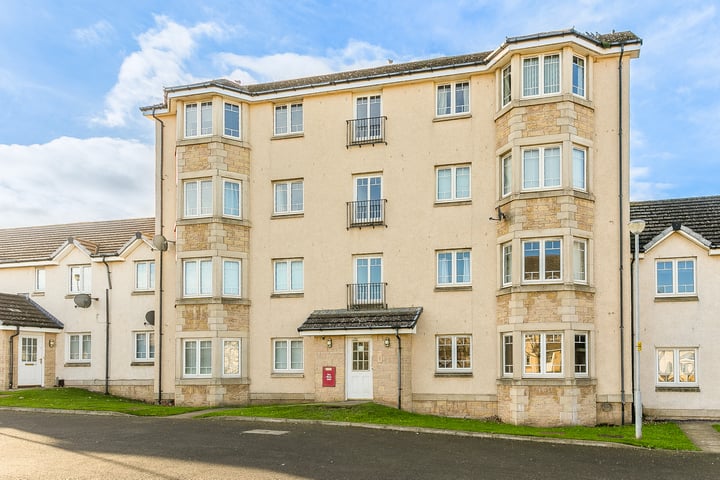
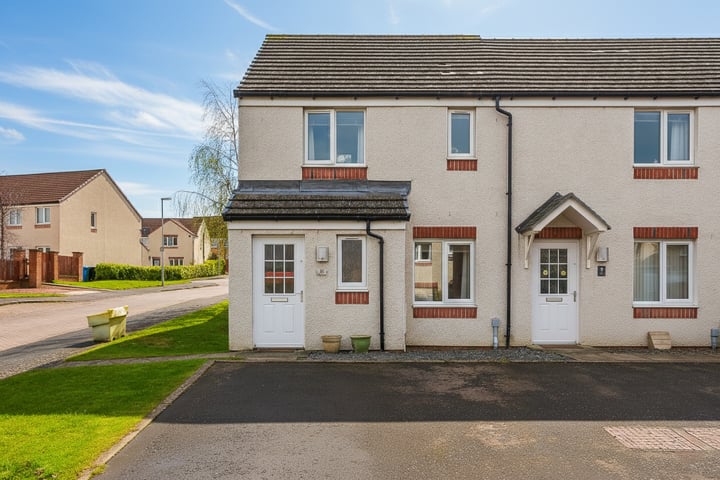

Leave a Reply